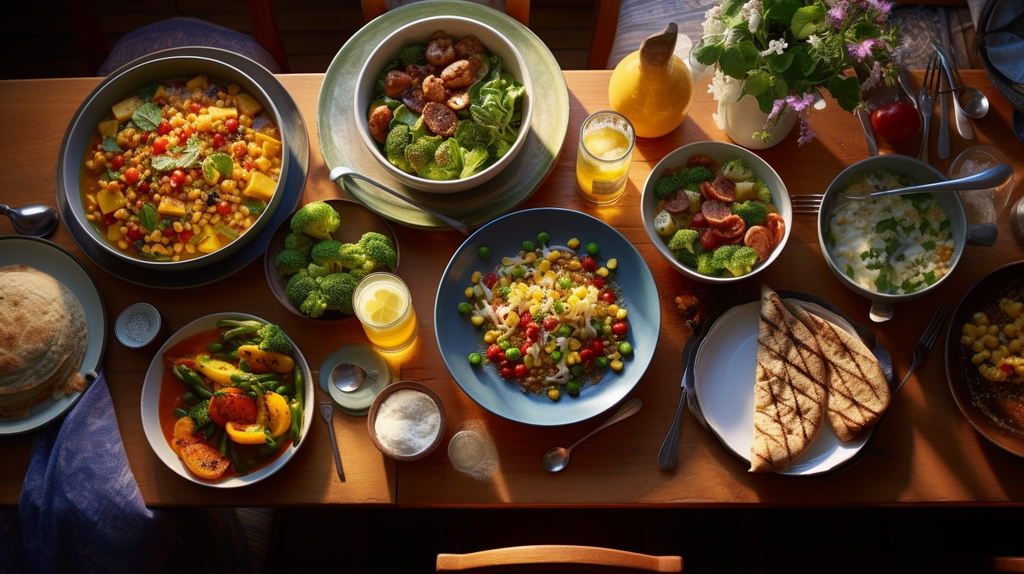Introduction to Gas and Bloating During Pregnancy
Experiencing gas and bloating during pregnancy is not uncommon. In fact, it's one of the earliest symptoms you may notice. Learn why this happens and how to manage it effectively.
What Causes Gas and Bloating During Pregnancy?
The primary culprit behind gas during pregnancy is the hormone progesterone. This hormone relaxes muscles throughout the body, including the digestive tract, leading to slower digestion and symptoms like gas and bloating.

Natural Remedies and Lifestyle Changes for Gas and Bloating
Dietary Adjustments
One of the most effective ways to manage gas and bloating during pregnancy is through dietary adjustments. Foods like beans, lentils, broccoli, and cabbage are known to produce gas and may need to be consumed in moderation.
- Modify your diet to exclude foods that trigger gas, such as certain vegetables and grains.
- Stay hydrated with water and fresh fruit juices, avoiding sugary and carbonated beverages.
Physical Activity
Physical activity is not just good for your overall health but also aids in digestion. Simple exercises can go a long way in alleviating discomfort caused by gas and bloating. Exercise also helps to speed up digestion and prevent constipation.
- Engage in regular, moderate exercise like walking or prenatal yoga.
- Consult your healthcare provider before starting any new exercise regimen.
Supplements and Medication
While natural remedies are always preferable, sometimes you may need a little extra help. Supplements like probiotics can be beneficial, but it's crucial to consult your healthcare provider before starting any new medication.
- Consider taking probiotics to improve gut health.
- Always consult your healthcare provider before taking any supplements or medications.

Product Recommendations for Managing Gas and Bloating
Here are some over-the-counter products that may help you manage these symptoms:
- Simethicone Gas Relief Drops
- Organic Ginger Tea
- Activated Charcoal Capsules
Disclaimer: Always consult your healthcare provider before using any new medication or supplement.
Frequently Asked Questions
Is gas and bloating an early sign of pregnancy?
Yes, gas and bloating can be an early sign of pregnancy, often occurring just a few weeks after conception.
Are there any foods I should avoid to reduce gas and bloating?
Foods like beans, lentils, and certain vegetables like broccoli and cabbage are known to produce gas and should be consumed in moderation.
Is it safe to take over-the-counter medication for gas relief during pregnancy?
While some over-the-counter medications like simethicone are considered relatively safe, it's always best to consult your healthcare provider for personalized advice.
How Long Does Pregnancy Bloating Last?
As your pregnancy progresses, you may find that symptoms of gas and bloating increase. Stress and anxiety can exacerbate these symptoms, so it's crucial to manage stress effectively.
Conclusion
Managing gas and bloating during pregnancy is possible with the right lifestyle changes and medical advice. Always consult your healthcare provider for personalized guidance.


